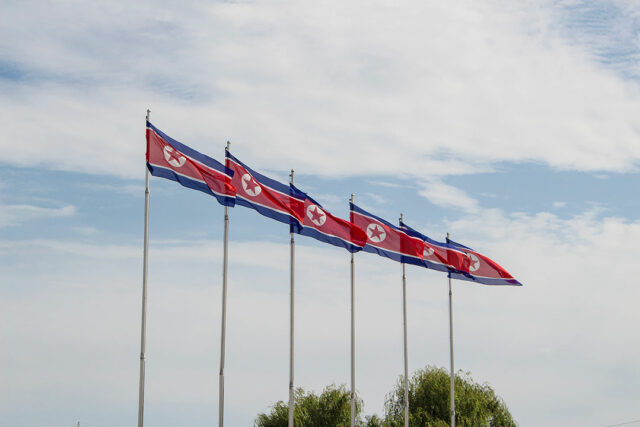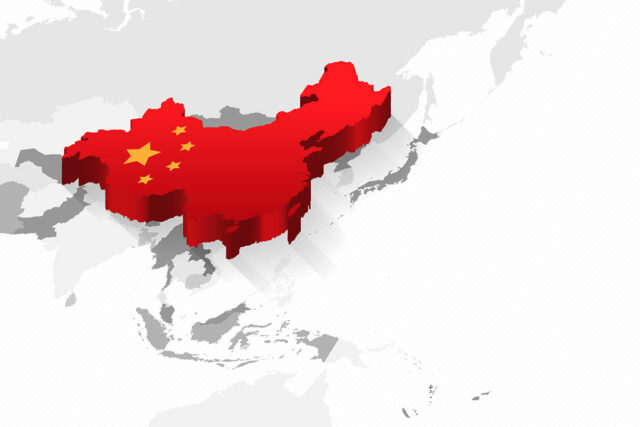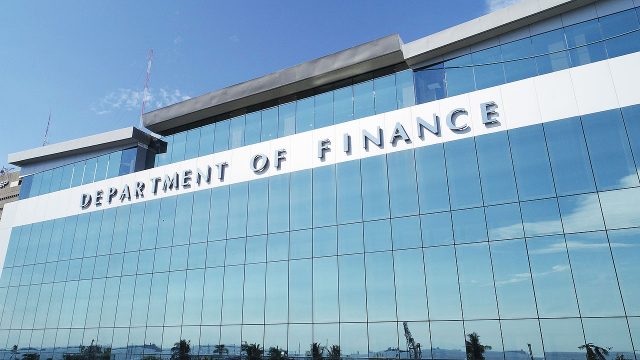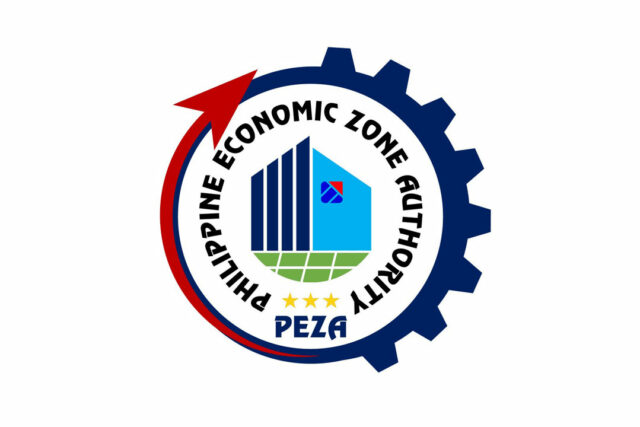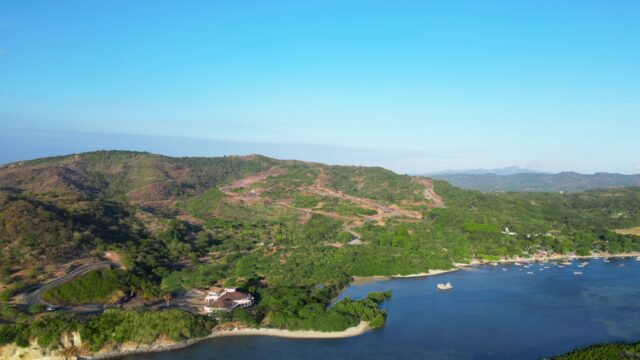Millions without power as cyclone Remal pounds Bangladesh and India
DHAKA/KOLKATA – Strong winds and heavy rain pounded the coastal regions of Bangladesh and India as severe cyclone Remal made landfall late on Sunday, leaving millions without electricity after power poles fell and some trees were uprooted by gusty winds.
The storm crossed the coastal regions of Bangladesh’s Mongla port and the adjoining Sagar Islands in India’s West Bengal state with wind speed measuring up to 135 kmph (about 84 mph), the India Meteorological Department (IMD) said.
The storm will gradually weaken into a cyclone during the morning on Monday and then move northeast and gradually weaken further, the IMD said in its latest weather update.
The landfall process began around 9 pm local time in India on Sunday and continued for about five hours, the regional meteorological office in Kolkata said.
One person was killed in the major metropolitan city of Kolkata when concrete chunks fell on him during the peak of the storm, police said. Roofs of thatched huts were blown away while mud houses were flattened in the coastal areas of both countries as authorities waited to ascertain the full scale of losses.
The low-lying coasts of South Asian neighbors Bangladesh and India have experienced frequent severe storms in recent years as climate change forces a rise in sea surface temperatures. Remal is the year’s first cyclone in the region.
Bangladesh moved about 800,000 people from the port areas of Mongla and Chittagong and nine coastal districts to storm shelters from Sunday morning. As many as 110,000 people were also taken to shelters in India.
Dhaka set up nearly 8,000 cyclone shelters and mobilized 78,000 volunteers ahead of the storm while the Indian navy said it had kept ships, aircraft, divers and medical supplies on standby for deployment if required.
While early warnings and timely evacuations helped both countries avert major casualties from the storm, there was a heavy toll on power infrastructure.
Authorities in Bangladesh shut down electricity supply to many areas in advance to avoid accidents while many coastal towns were left in the dark as fallen trees and broken lines disrupted supply, power ministry officials said.
“We have no electricity since night, my mobile battery will run out anytime. By the grace of Allah, the cyclone was not as violent as we thought,” said Rahat Raja, a resident in the coastal district of Satkhira in Bangladesh.
Reports of at least 356 uprooted electricity poles and damage to scores of transformers were received during the first hour of the landfall process, Arup Biswas, the minister for power in West Bengal government, said.
More than 50 international and domestic flights had to be cancelled in Kolkata city as operations were suspended from Sunday noon. Bangladesh also suspended operations at Mongla and Chittagong ports.
“Normal airport operations will resume from 9 am,” said C Pattavi, the director of the Kolkata airport, adding that the airport’s operational areas were clear from waterlogging.
River embankments in the Sundarbans delta, the largest mangrove forest in the world, shared by India and Bangladesh, also suffered heavy damage with high tides breaching protective embankments at many places.
Kolkata, like the state’s coastal belt, was also lashed by heavy rains with water logging in many areas, television footage showed. At least six trees were uprooted, which blocked roads, while there were also reports of wall collapses, police said.
The cyclone also brought heavy rains to Bangladesh capital Dhaka, causing flooding of roads and severely impacting commuters. – Reuters


